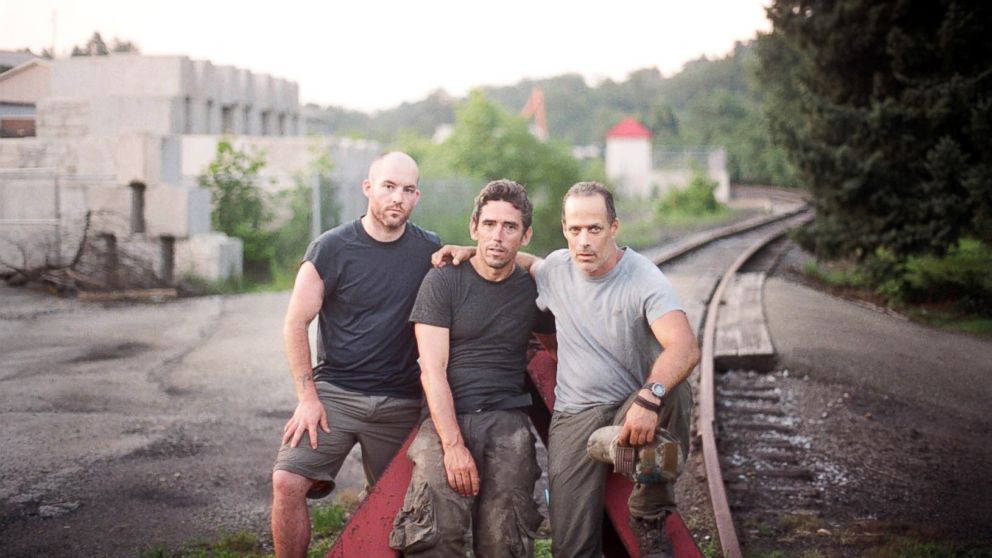Sebastian Junger's 'Last Patrol' Closes His Chapter on War, Looks at Life Outside Combat
In new film, war journalist searches for meaning in life outside war zones.

— -- For the better part of 20 years, journalist and author Sebastian Junger covered the adrenaline highs and the soul-crushing lows of combat in war zones from Bosnia to Afghanistan.
Junger embedded for nearly a year with the 173rd Airborne, fighting the Taliban in the Afghan valley of Korengal. He and the late war photographer Tim Hetherington risked their lives to bring “Nightline” incredible battle footage in 2007 for a joint project with Vanity Fair. Their report and footage went on to become the Oscar-nominated documentary “Restrepo,” named after a platoon medic killed in battle, as well as a follow-up documentary, "Korengal."
Hetherington died in yet another, different war -- he was killed in 2011 by shrapnel while covering the conflict in Libya. He was 40 years old.
Hetherington’s death was a turning point for Junger.
“Because Tim died I was never going to cover war again,” he told “Nightline.” “I was done. I got out.”
While mourning the loss of his dear friend, Junger discovered a chilling piece of old footage Hetherington filmed while the two were on a train from Washington, D.C., to New York. That’s where his newest HBO documentary film, “The Last Patrol,” begins.
“When we found that clip on his hard drive it was absolutely heartbreaking and chilling,” Junger said. “Tim was killed in Libya in combat and on a trip that I was supposed to be on, and I couldn't go at the last minute, and it left me with a lot of complicated feelings.”
In the footage, the two talked about taking a trip following America’s railroads. Watching the tape, Junger said, “I felt incredibly guilty, that I should've been there with him, maybe I could have saved him, maybe it should have been me instead of him. I felt like I had abandoned him and failed him.”
“It reminded me of all these soldiers that I knew who felt like they were responsible for the deaths of their friends when they obviously weren't,” he continued. “It's part of PTSD [post-traumatic stress disorder]. It was pretty debilitating for a while.”
So Junger decided to set out on “The Last Patrol” with a new band of brothers, just as he and Hetherington vowed they would, to rediscover America after being in so many battles overseas. Junger made the 300-mile walk, following railroad lines from D.C. to Pennsylvania, with Guillermo Cervera, the photographer who had been holding Hetherington’s hand when he died in Libya, and Brendan O’Byrne and Dave Roels, two soldiers he and Hetherington had known in Afghanistan.
Walking along U.S. railroad tracks is illegal, so Junger and his friends camped without tents and lived off the land as much as possible to avoid detection.
Throughout the journey, the four men had to dodge Amtrak police, mimicking the danger of combat foot patrols.
“We were sleeping under bridges, in abandoned buildings and in the woods, and we were bathing in rivers and cooking on little twig fires in the woods, and actively evading the police,” Junger said. “The more dangerous something is, the harder something is, the closer people are driven together. That makes combat an ideal sort of environment to create close bonds.”
When soldiers return home from war, Junger said it’s more than the adrenaline rush of battle that they miss, it’s also the “powerful bonds of brotherhood.”
“They come back to this fragmented, alienated, wide-open industrial society where people are living by themselves, in little apartments or one-family dwellings, and frankly I think they're just lonely,” he said.




